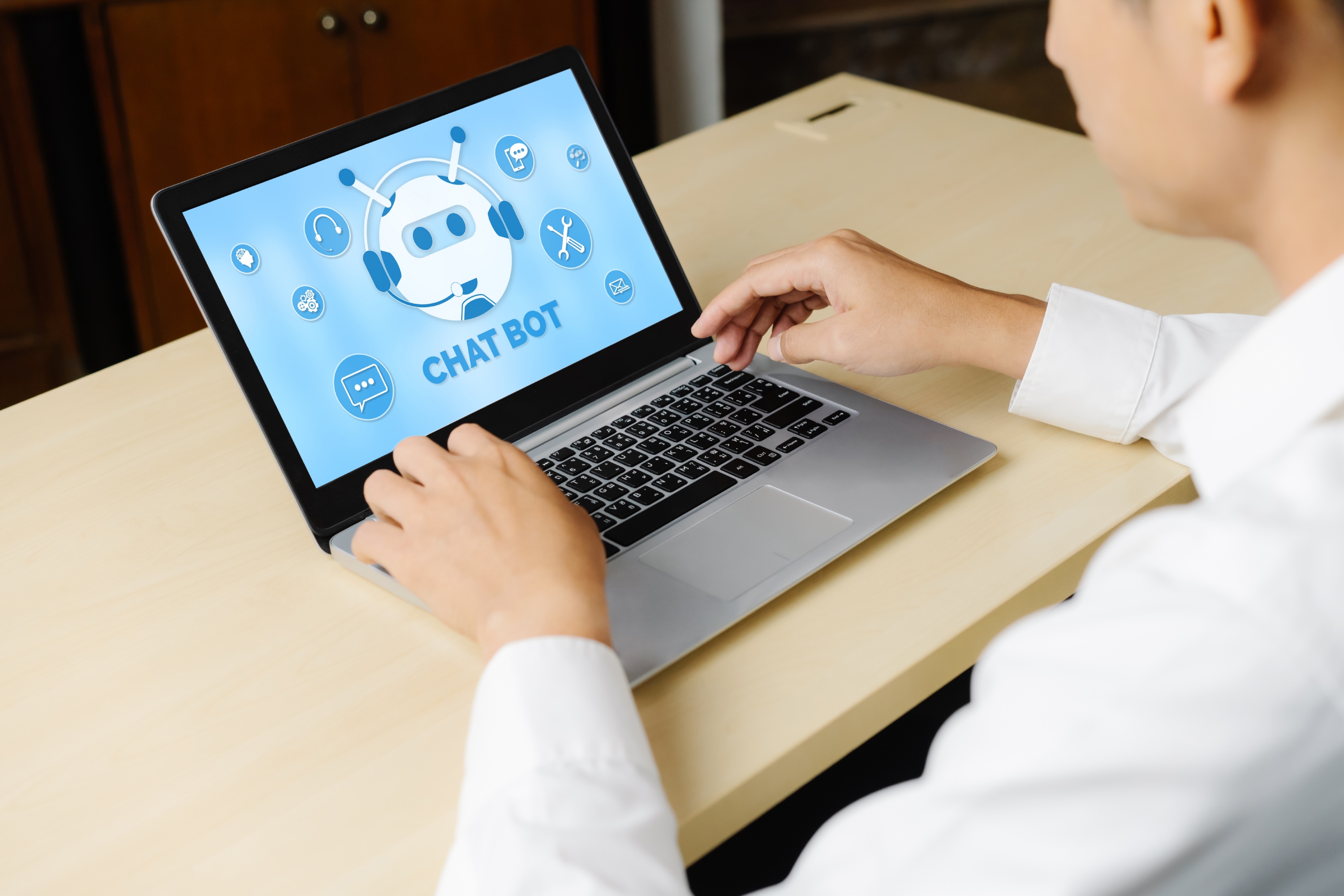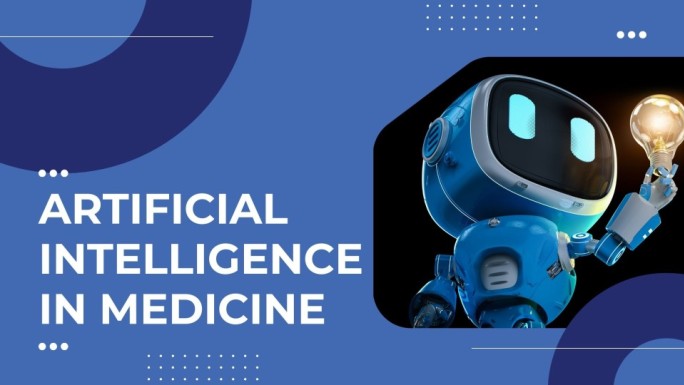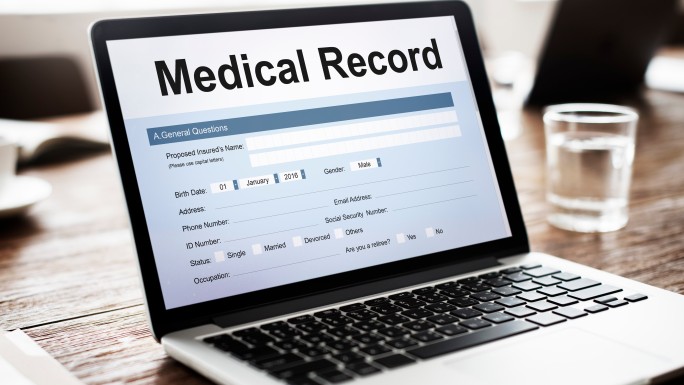7 Popular AI use cases in Healthcare
In recent years, the integration of artificial intelligence (AI) into healthcare has been transformative, revolutionizing the way medical professionals deliver care and patients experience treatment. From streamlining administrative tasks to aiding in diagnosis and treatment decisions, AI has rapidly become a cornerstone of modern healthcare practices.
In this blog, we'll explore seven popular AI use cases that are reshaping the landscape of healthcare delivery.
7 Ways AI is Transforming Healthcare
1. Enhanced Diagnostics with AI
For decades, doctors have relied on their expertise and intuition, along with traditional diagnostic tools like X-rays and MRIs, to identify what's ailing their patients. But now it’s the time when Artificial Intelligence (AI) steps in, offering a powerful new weapon in the fight for accurate diagnosis: enhanced diagnostics with AI.
AI diagnosis tools are trained on massive datasets of medical images, enabling them to identify subtle patterns and anomalies that might be missed by a human radiologist. An AI system can analyze an X-ray and not only detect a fracture but also predict the severity and even suggest the most appropriate treatment plan. This leads to earlier diagnoses, allowing for quicker intervention and potentially better patient outcomes.
For instance, AI is already being used to detect various cancers, including breast cancer and lung cancer, with impressive accuracy. Studies have shown that AI can achieve results comparable to, or even exceeding, those of highly trained radiologists. This is particularly valuable in situations where early detection is crucial for successful treatment.
2. Personalized Medicine: Tailored Care with AI
Gone are the days of a one-size-fits-all approach to healthcare. Personalized medicine, powered by AI, is ushering in a new era of tailored care. AI can analyze your medical history, genetic makeup, and lifestyle habits to create a treatment plan designed specifically for you. This level of personalization can lead to significantly improved outcomes and reduced side effects.

For example, AI can analyze your genetic data to identify mutations linked to specific cancers, enabling early detection and targeted therapies.
Personalized medicine isn't just about prevention; it's also about optimizing treatment for existing conditions. AI can analyze your response to medications, tailoring future dosages for maximum effectiveness and minimal side effects. This individualized approach can significantly improve a patient's quality of life.
3. Remote Patient Monitoring powered by AI
Imagine a world where your health is constantly monitored, even from the comfort of your own home. This isn't science fiction – it's the reality of remote patient monitoring powered by AI. AI systems can act as a virtual guardians, keeping a watchful eye on patients with chronic conditions like diabetes or heart disease.
These AI-powered systems use wearable devices and sensors to track vital signs, medication adherence, and even symptoms. The system analyzes this data in real time, identifying potential health risks or complications. If something seems off, the system can alert healthcare providers, allowing for early intervention and preventing unnecessary hospital visits.
This constant monitoring offers peace of mind for patients and allows doctors to proactively manage their patient's health. For instance, an AI system might detect a slight rise in a diabetic patient's blood sugar and alert the doctor, enabling them to adjust medication or offer dietary advice before a more serious issue arises.
4. Accelerating Drug Discovery with AI
Drug discovery has traditionally been a slow and expensive process, often taking over a decade and billions of dollars to bring a new medication to market. But AI is changing the game, acting as a powerful turbocharger for drug discovery.
In fact, AI can analyze a wide range of biological and chemical data, identifying potential drug candidates with incredible speed and accuracy. By sifting through mountains of information, AI can uncover hidden connections and patterns that could lead to breakthroughs in drug development.
For example, AI can analyze the molecular structure of existing drugs and diseases to predict new compounds with the potential to target specific illnesses. This not only saves time and resources but also increases the chances of finding successful drug candidates
5. Robot-Assisted Surgery with AI
Robot-assisted surgery offers significant benefits over traditional methods. Minimally invasive procedures lead to faster recovery times and reduced complications. However, even the most skilled surgeons can face limitations in terms of dexterity and visibility during complex operations. Here's where AI steps in.
AI-powered systems can analyze real-time data from the surgical field, providing surgeons with a magnified and enhanced view of the surgical site. This allows for unparalleled precision during delicate procedures. Additionally, AI can analyze patient data and medical scans, suggesting optimal surgical pathways and even anticipating potential complications before they arise.
This collaboration between surgeons and AI assistants offers numerous advantages. Surgeons benefit from improved visualization, reduced tremor, and real-time guidance, leading to more precise and efficient procedures. Patients experience the benefits of minimally invasive surgery with potentially reduced risks and faster recovery times.
6. Virtual Assistants and Chatbots in Healthcare
AI offers a friendly and accessible face in the form of virtual assistants and chatbots. These AI-powered companions are transforming the way patients interact with the healthcare system.

Imagine a virtual assistant living on your smartphone, ready to answer your questions 24/7. Feeling under the weather? Your virtual assistant can walk you through symptom checkers, suggest home remedies, or even help schedule an appointment with a doctor. This readily available resource empowers patients to take a proactive role in their health and wellbeing.
Chatbots are another form of AI assistants, often popping up on healthcare provider websites or apps. These chatbots can answer basic medical questions, provide appointment reminders, or even help refill prescriptions. This not only frees up valuable time for medical staff but also offers patients a convenient and immediate way to get information and assistance.
7. Administrative Automation with AI
The weight of administrative tasks can decrease the performance of any organization. Repetitive processes like scheduling, data entry, and communication take valuable time and resources. However, Artificial Intelligence (AI) offers a powerful solution: automation. By automating these tasks, AI is streamlining administrative workflows, making businesses more efficient and productive.
AI excels at handling repetitive tasks with impressive accuracy. Powerful algorithms can manage appointments, schedule meetings, and even answer frequently asked questions through chatbots. This frees up human employees from mundane tasks, allowing them to focus on more strategic initiatives and provide superior customer service. Additionally, AI can analyze vast amounts of administrative data, identifying trends and inefficiencies. This data-driven approach allows businesses to optimize their workflows and make informed decisions about resource allocation.
Conclusion
AI's influence on healthcare is undeniable. From aiding in complex diagnoses to streamlining administrative tasks, AI is transforming every aspect of patient care.
However, it's crucial to remember that doctors remain at the helm. AI acts as an intelligent tool, empowering healthcare professionals with enhanced capabilities and valuable insights. As AI technology continues to evolve, we can expect even greater advancements in healthcare and patient outcomes. The future of healthcare is a collaborative one, where healthcare professionals and AI assistants work together to achieve the best possible results for patients.





